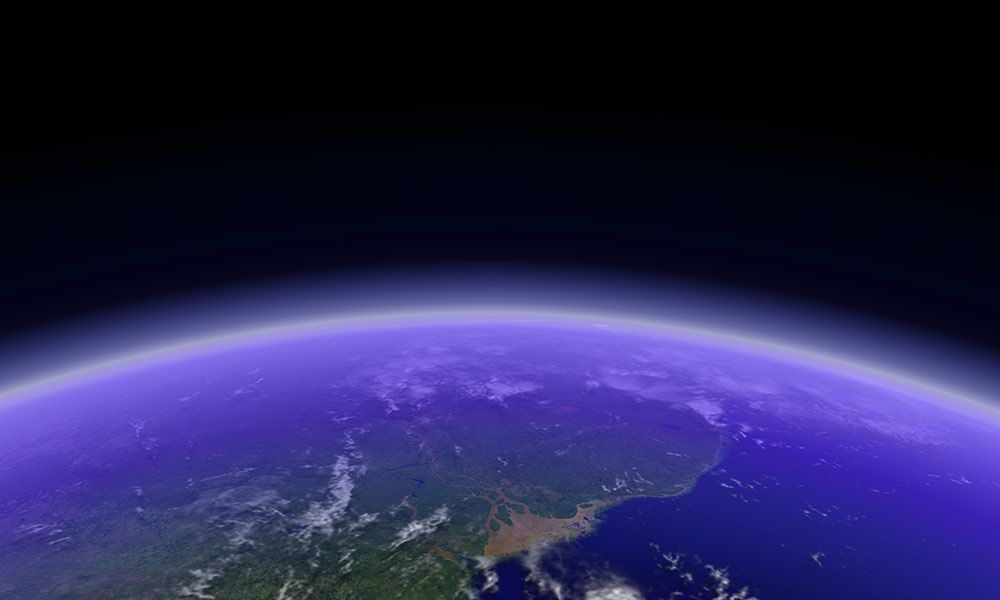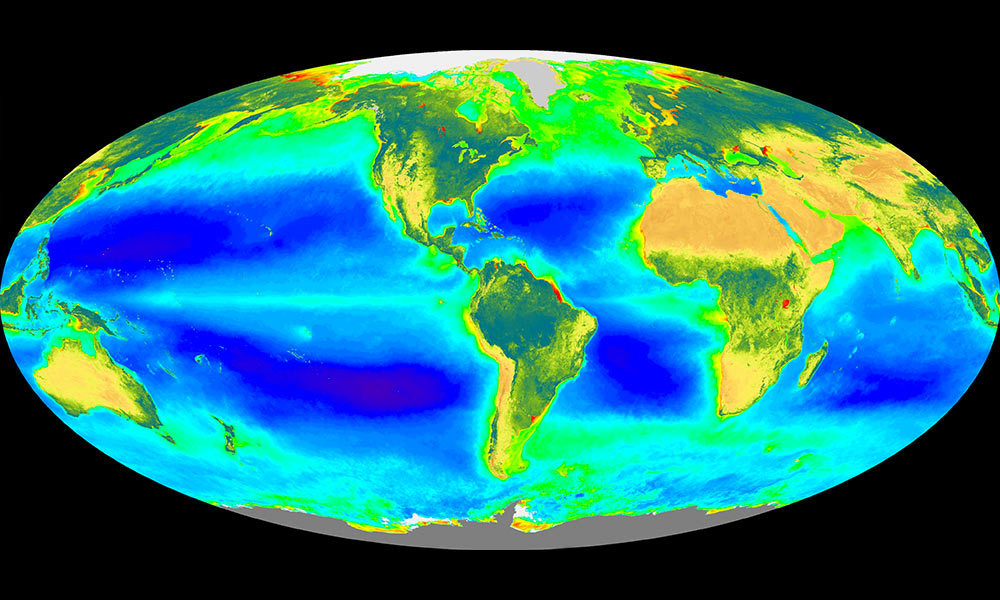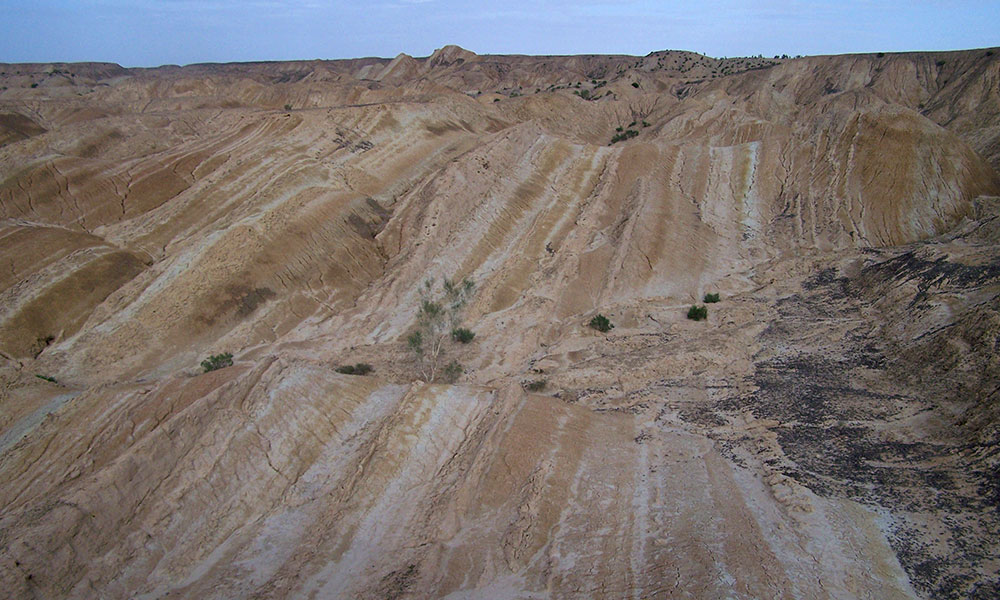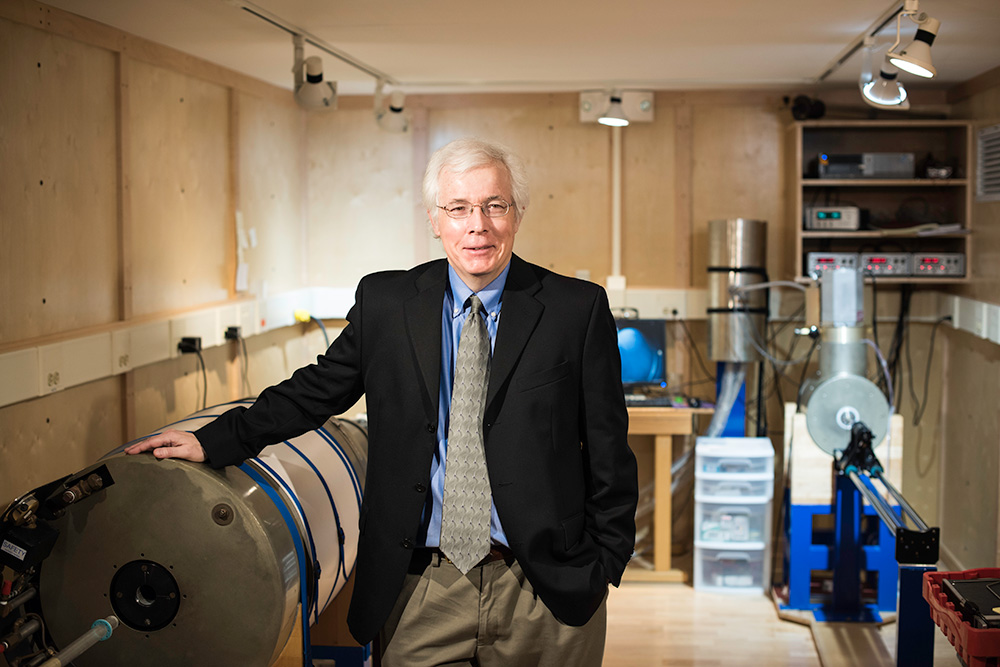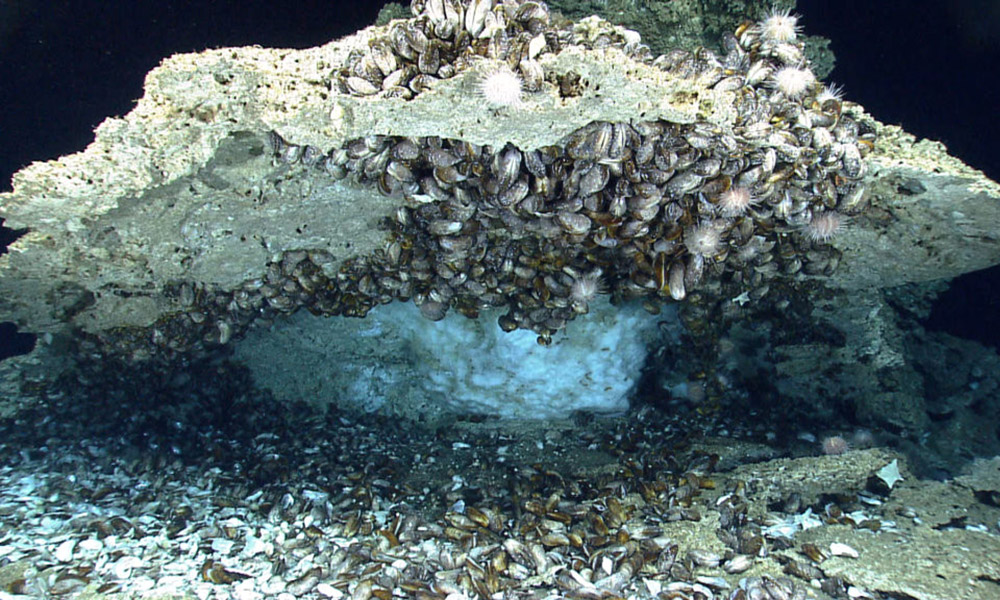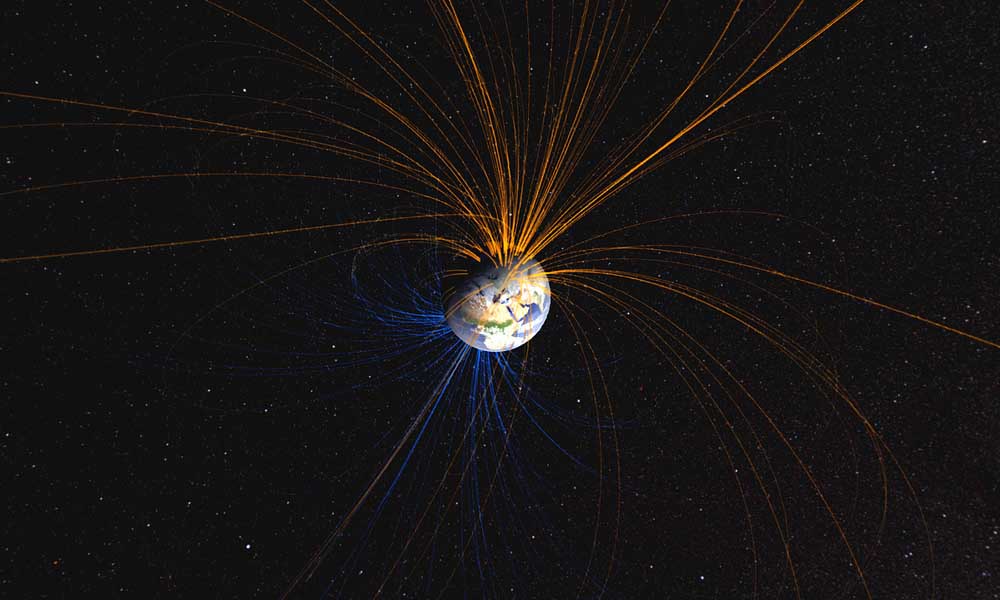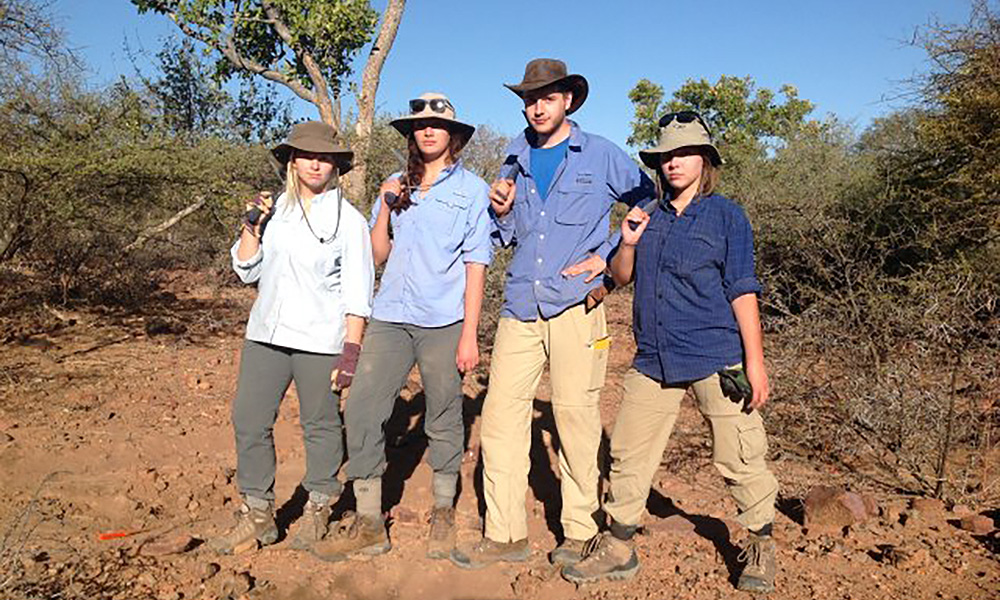
Science & Technology
Largest research vessel on the Great Lakes brings Rochester science to Chicago’s Navy Pier
June 22, 2017
Researchers led by earth and environmental sciences professor John Kessler met with schoolchildren and local media aboard the Blue Heron to discuss the team's work on methane levels in the Great Lakes.

